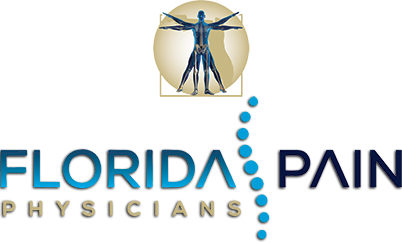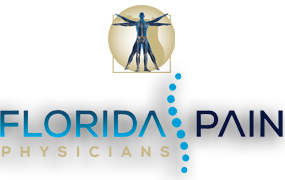Anyone who has ever experienced a migraine before knows that it can ruin your day—or sometimes even your week. That is why patients are always looking for ways to predict when a migraine might develop and come up with a treatment to stop it as soon as possible.
Pain management specialists are doing the same thing. Through research, they are developing the latest migraine treatments in Jacksonville, FL, to help patients better understand what is causing their migraines, how to predict them, and how to treat them.
For example, premonitory symptoms are the first indications of an impending migraine episode. These symptoms can occur a few hours or several days before a migraine reaches its peak. By learning how to recognize these symptoms, many patients are able to use home remedies or take medications that can help stop a migraine from progressing.
While nobody’s premonitory symptoms are precisely the same, the most common symptoms include:
- Fatigue
- Mood Changes
- Gastrointestinal Symptoms
- Muscle Stiffness, Aching, or Pain
- Food Cravings or a Loss of Appetite
- Difficulty Concentrating
- Confusion
- Sensitivity to Light, Smells, or Sounds
- Excessive Yawning
Once you recognize your premonitory symptoms, you can begin to make adjustments to address them and help you reduce or avoid the impact a full-blown migraine can have on your life. Some migraine treatment options include:
- Lifestyle – Stay Hydrated, relax, exercise, and avoid your usual migraine triggers. Try incorporating a mindfulness routine, yoga practice, and good sleep hygiene.
- Medication – If you have had success with a migraine treatment—such as an NSAID or prescription medication—try taking it during your prodrome to see if it will minimize your migraine before it peaks. It is important to remember that you should not take medication during both your premonitory phase and during the headache phase without your physician’s recommendation.
- Social – If you notice you are entering your premonitory phase, it is good to let your loved ones know what is going on. This can help you get the support you need—such as childcare or running errands—while also letting those you interact with know you could be more sensitive or easily angered.





